
Arcus Legal is pleased to congratulate Erin O’Brien Edmonds, KC, TEP, on being selected by her peers as the Best Lawyers® 2024 Real Estate “Lawyer of the Year” in Halifax. Having previously won this award in 2016, 2018, 2019, and 2021, this year marks the fifth time Erin has received this honour. Erin is also recognized in the 2024 edition of Best Lawyers in Canada® for her work in Trusts and Estates.
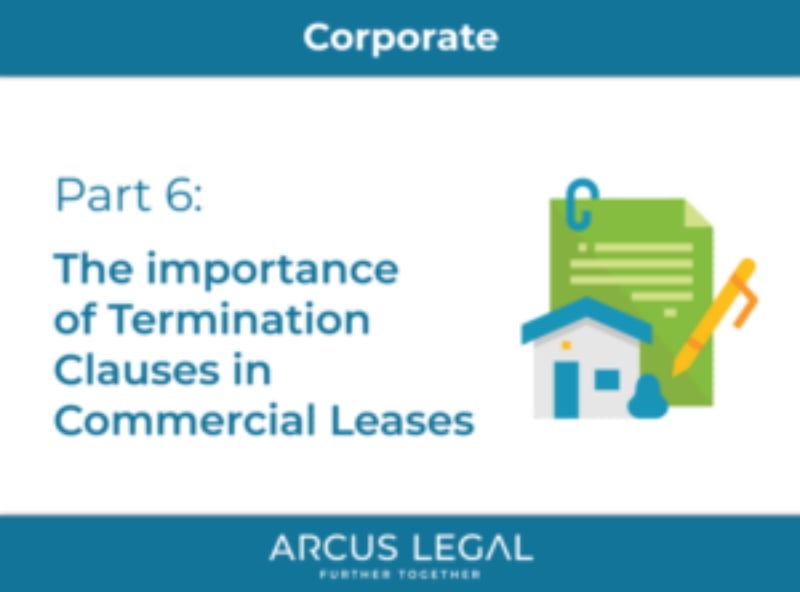
Commercial leases play a crucial role in establishing the relationship between landlords and tenants. However, many tenants in Nova Scotia may not be aware of the potential ramifications of signing a lease agreement without a termination clause. This essay serves as a cautionary tale, highlighting the risks and liabilities commercial tenants may face if their lease agreement lacks a termination clause.
1. Understanding the Termination Clause:
A termination clause in a commercial lease provides tenants with the right to end the lease agreement prematurely, subject to specific conditions or penalties as outlined in the clause. Without a termination clause, tenants may find themselves bound to the lease for the entire term, regardless of their circumstances or changing business needs.… [Read more]
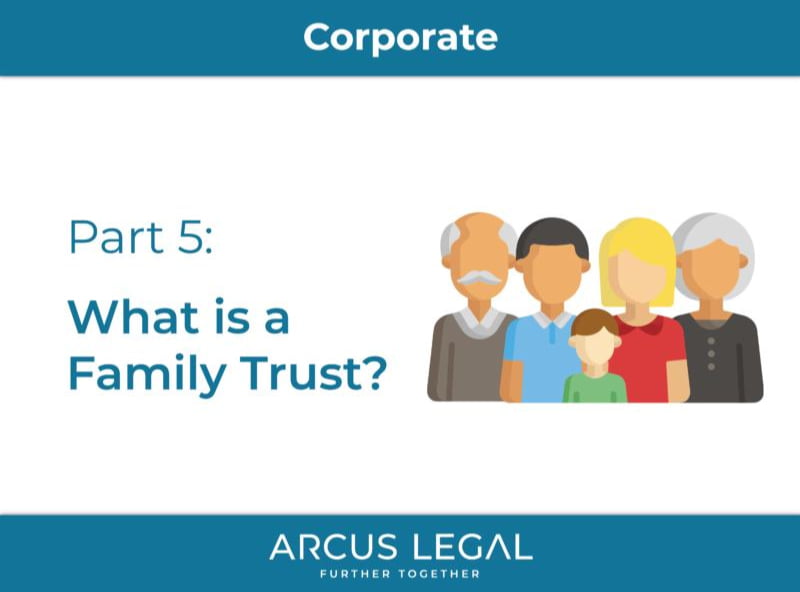
Family Trust is a legal arrangement in which a person, known as the settlor, transfers assets (such as money, real estate, or investments) to a trust that is managed by one or more trustees for the benefit of designated beneficiaries. The beneficiaries are typically family members, such as a spouse, children, or grandchildren.
In Nova Scotia, Family Trusts can be established as either an Inter Vivos Trust (created during the settlor’s lifetime) or a Testamentary Trust (created upon the settlor’s death through their Will). Family Trusts can offer various benefits, including:
1. Tax planning: A Family Trust can help minimize taxes under very specific circumstances and mostly in the case where there is a sale of an active business owned by the trust.… [Read more]
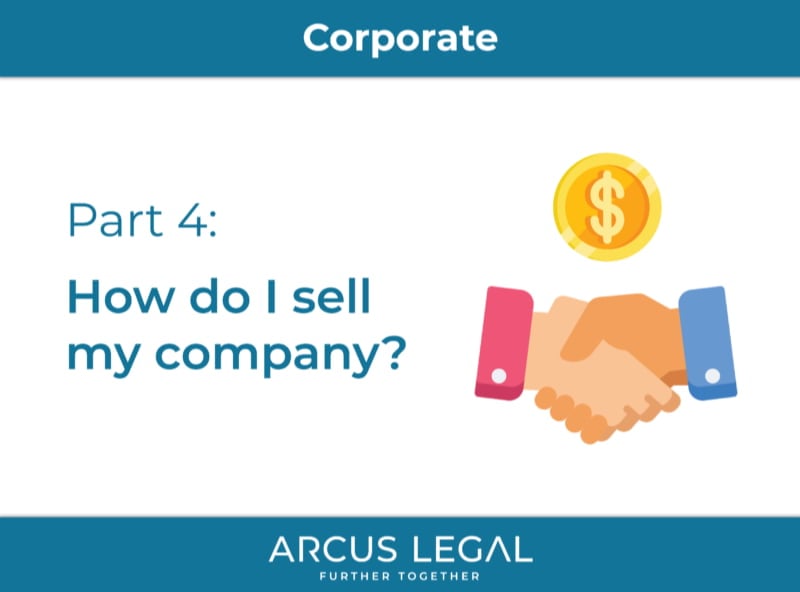
Selling your company in Nova Scotia involves several steps, and it is highly recommended to seek the guidance of a lawyer, accountant, or business advisor to ensure a smooth and successful transaction. Here is an outline of the process:
1. Prepare your business for sale: Before putting your company on the market, make sure it is in the best possible shape. This may include improving financial records, resolving outstanding legal issues, optimizing operations, and ensuring all necessary licenses and permits are up to date.
2. Get a Valuation: Determine the fair market value of your company. This can be done by consulting with a professional business valuator or using industry-specific valuation methods.… [Read more]
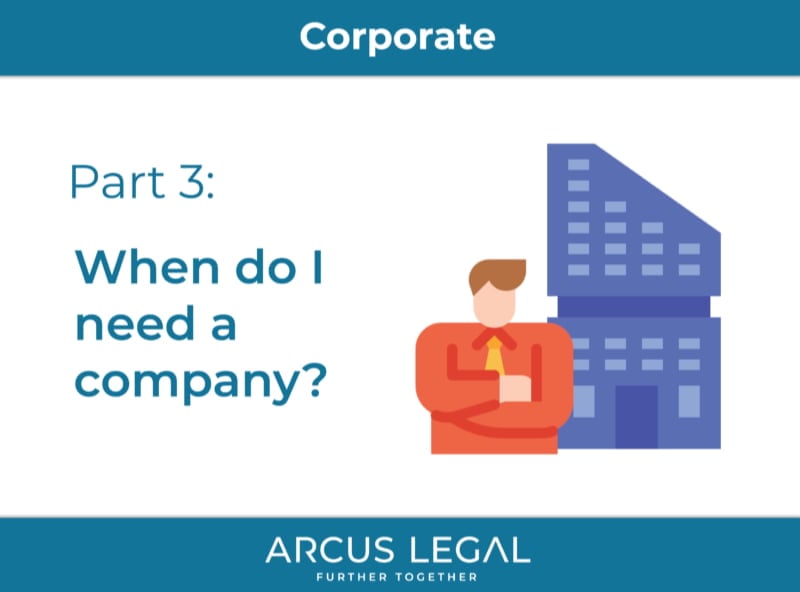
In Nova Scotia, you might consider forming a company for your business when:
1. Limited liability protection: You want to protect your personal assets from potential business debts and liabilities. By forming a company, the business becomes a separate legal entity, which means the owners (shareholders) are not personally liable for the company’s debts, except in cases of fraud or negligence.
2. Raising capital: If you plan to raise funds from investors or financial institutions, having a company structure can make it easier to attract investment. Investors often prefer to invest in a company because it provides a clear legal framework for ownership and profit distribution through shares.… [Read more]
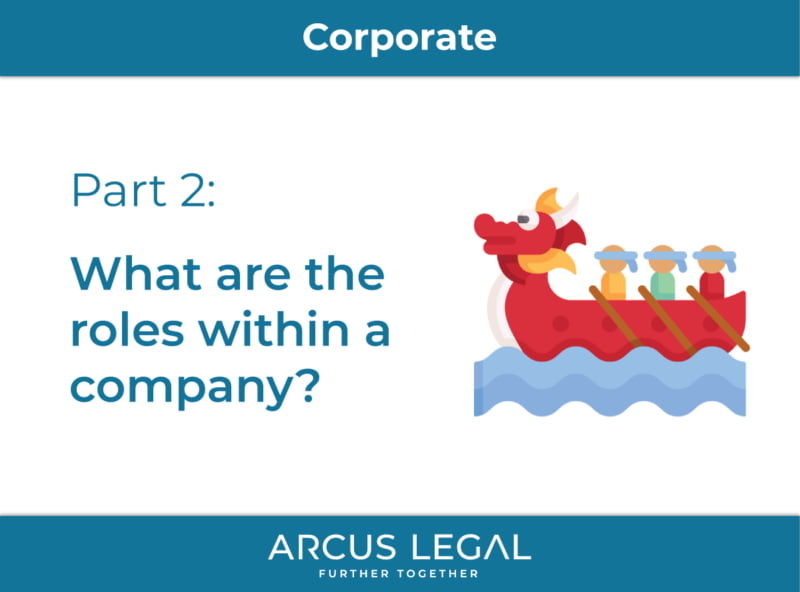
Let’s imagine a company as a big boat, and who has what roles:
Shareholders: The shareholders would be the people who put money into buying the boat. They own different parts of the boat depending on how much money they put in. They want the boat to go to places where it can make more money, like treasure islands. But, they usually don’t drive the boat, they just check on it from time to time.
Directors: Now, the boat needs someone to decide where it should go, that’s the job of the directors. They are like the ship’s captains.… [Read more]
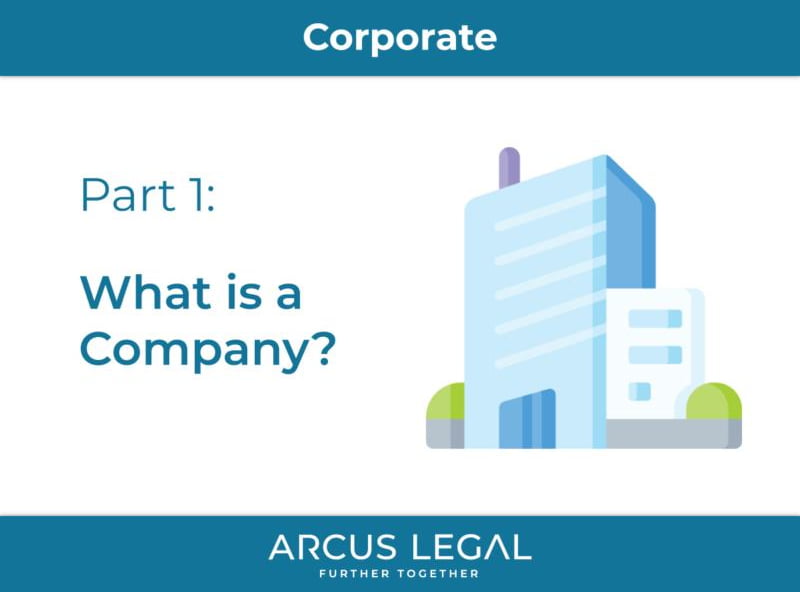
A company is a type of business organization that is formed to carry out specific activities, such as providing goods and/or services.
A company operates as a separate legal entity, meaning it has its own rights and responsibilities, separate from the people who own or manage it. The owners of a company are called shareholders, and they invest money into the business by buying shares, which represent a portion of the company’s ownership. In exchange, shareholders may receive a share of the company’s profits, called dividends. A company is managed by a group of people called directors, who make decisions on how the business should run.… [Read more]

With springtime upon us, and preparing for tax season, many of us may have estate planning on the mind. You may be asking yourself “Do I Need a Will?”.
In Gregg Knudsen’s, “Do I Need a Will?” you will learn about Wills and the laws under our provincial jurisdiction in Nova Scotia regarding your Estate Planning.
This is a commonly asked question of any lawyer who practices in this area of law. The answer is “Yes, everybody should have a Will”. There are several reasons. First, to distribute your assets as you want them to be distributed.… [Read more]


We are pleased to announce that Gregg Knudsen has joined Arcus Legal to practice with our Property and Estates Teams. Bringing more than 30 years of experience to our firm, he will be serving clients’ needs for estate and trust planning, probate administration, and real property transactions. Gregg also offers experience in elder law, charitable giving, wealth management, taxation, business succession, and mental health law. Throughout his career, Gregg has contributed extensively to the legal profession and his local community, sitting on provincial review and appeal boards, chairing Canadian Bar Association sections, and serving on law reform initiatives.
To learn more about Gregg and the services he offers his clients, see our website at: https://www.arcuslegal.ca/gregg-knudsen.… [Read more]